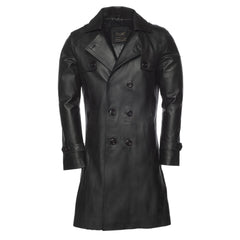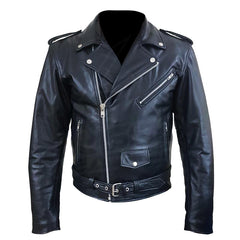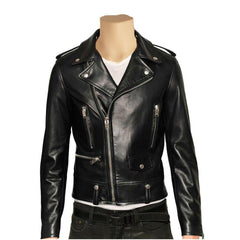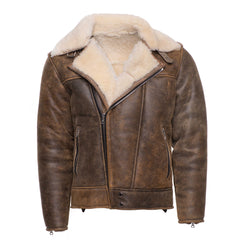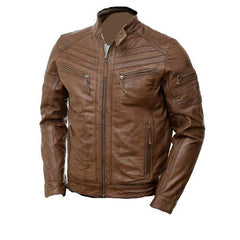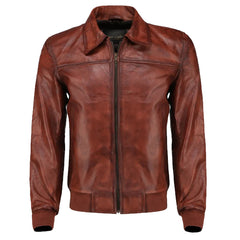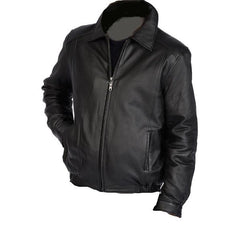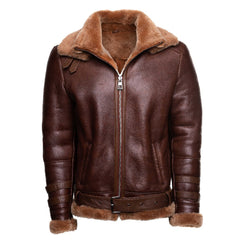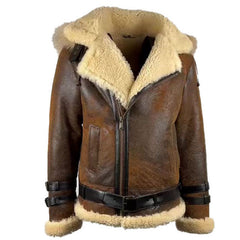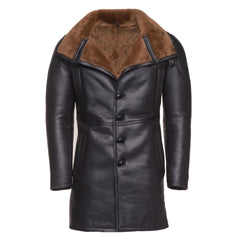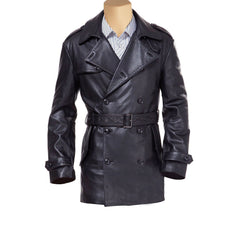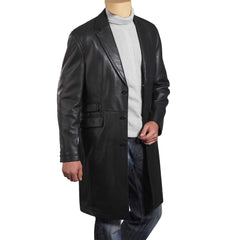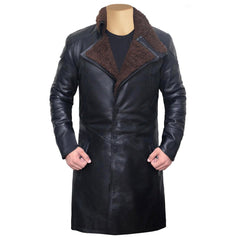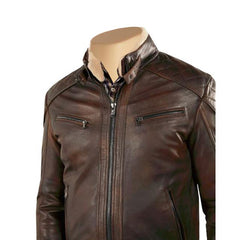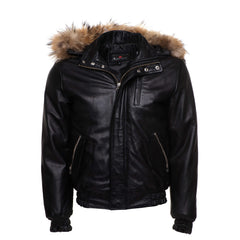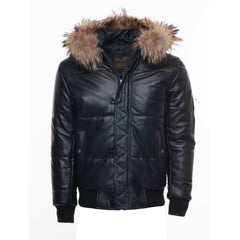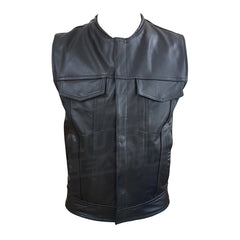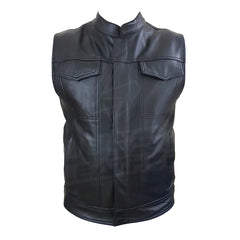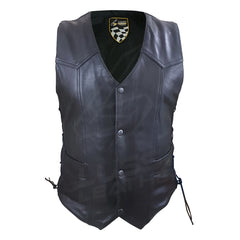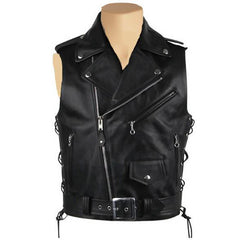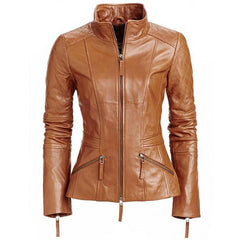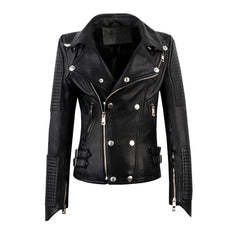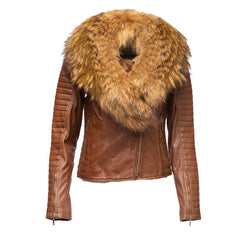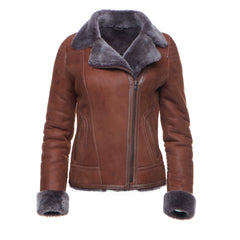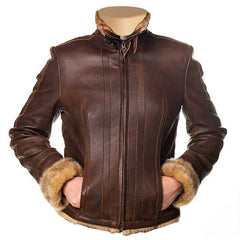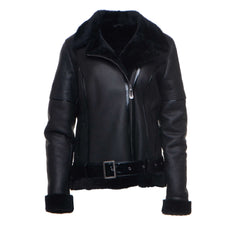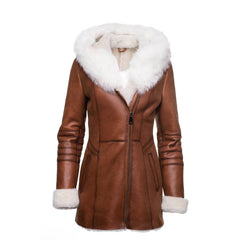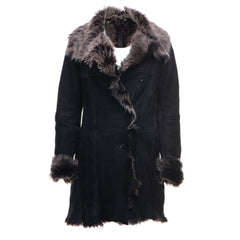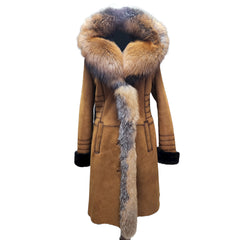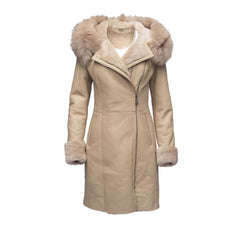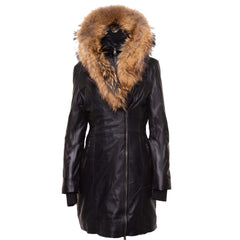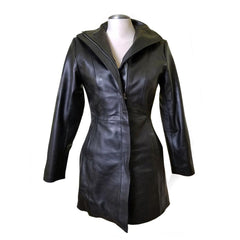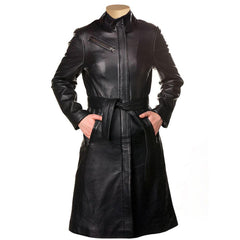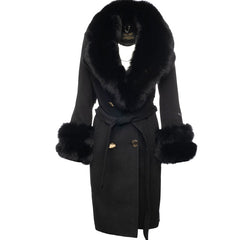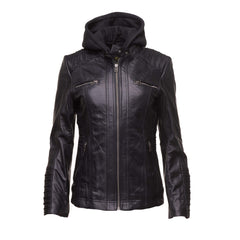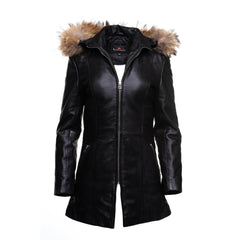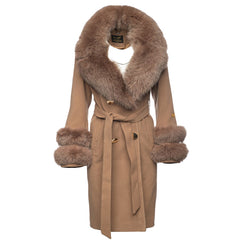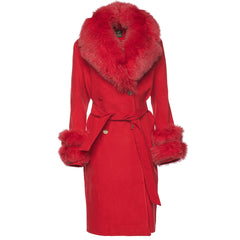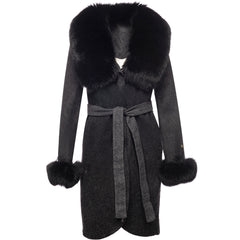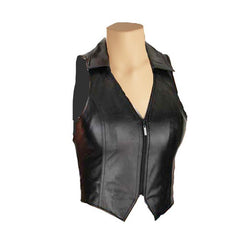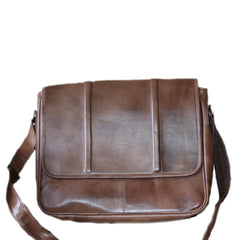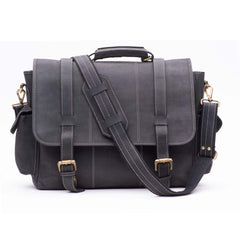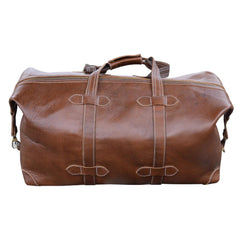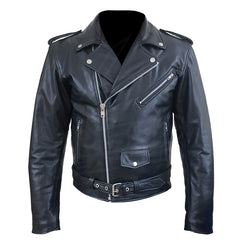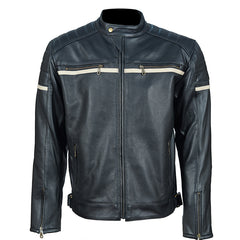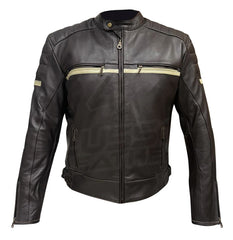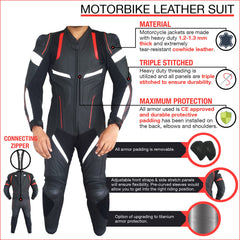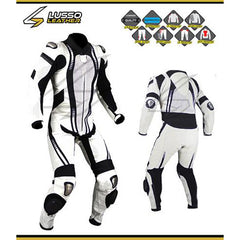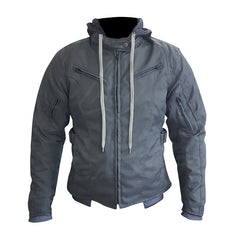Impact of Leather Jackets on the Environment: Face the Facts

Leather jackets have been one of the most popular choices for both men and women and are often associated with a sense of rebellion and individuality. In recent years, there has been a growing awareness of the impact of leather jackets on the environment, leading to increased interest in alternative materials and more sustainable and ethical production practices. Although there are concerns, still women's leather jackets remain a sought-after fashion item and are often regarded as an iconic and timeless piece of clothing.
The article aims to provide a detailed understanding of the ecological footprint of leather jackets, including the use of chemicals and water, the contribution to deforestation and biodiversity loss, and the Carbon emissions from leather jackets.
Most people often ask “Are leather jackets bad for the environment?” So, the answer is yes, the impact of leather jackets on the environment is significant due to the environmental consequences of leather production, due to the use of toxic chemicals and large amounts of water. Furthermore, the production of animal hides can also drive demand for grazing land, contributing to deforestation and loss of biodiversity.
The Environmental Impact of Leather Production?
The production of leather involves a complex process that can have a significant Leather fashion's environmental impact. The process of manufacturing leather involves using a significant amount of water for processing the hides, as well as for cleaning and conditioning the finished products, including men's leather jackets. This can put pressure on local water resources, particularly in areas where water scarcity is already a concern.
In addition to the use of chemicals and water, leather production can contribute to deforestation and loss of biodiversity. The production of animal hides can drive demand for grazing land, which can lead to the destruction of natural habitats and the displacement of native species. This can have a cascading effect on local ecosystems, contributing to soil erosion, desertification, and reduced biodiversity.
The Impact of Leather Jacket Use and Disposal
Wearing and discarding the finest leather jackets for men can somehow harm the environment.
During use, both real vs faux leather jackets can contribute to pollution. Faux leather is often made from petroleum-based materials that can shed microplastics into the environment during use and washing. These microplastics can harm marine life and contribute to plastic pollution in our oceans and waterways.
Leather jacket disposal can also have negative environmental impacts. As leather is not biodegradable, which means that when it is discarded in a landfill, it can take many years to decompose. The production of leather jackets also contributes to greenhouse gas emissions and uses significant resources, so when they are disposed of after a short period of use, this can be wasteful and environmentally harmful.
Fortunately, there are alternatives to disposal that can help reduce the environmental impact of leather jackets. One option is to donate gently used jackets to a charity or thrift store. This allows the leather jacket to be reused and prevents it from ending up in a landfill.
Ethical Considerations
Ethical concerns about wearing a leather jacket include animal welfare and labor practices, as well as environmental impact.
Animal welfare: Animal welfare is a key ethical issue in the leather industry, as leather production relies on the use of animal hides. Some animal welfare advocates argue that the conditions in which animals are raised for their hides are often inhumane, including cramped living spaces, lack of access to the outdoors, and practices such as dehorning and castration without anesthesia.
Labor Practices: Some leather workers may work in poor conditions, with low pay and long hours, and may not have access to appropriate safety equipment or training that might affect their health.
Impact of leather jackets on the environment: It is another ethical issue in the leather industry. As mentioned earlier, leather production requires significant resources and can contribute to pollution and waste.
Some certifications to look for while purchasing a leather jacket are The Leather Working Group (LWG) certification, The Global Organic Textile Standard (GOTS) certification, and The Fair-Trade certification.
FAQs: Impact of Leather Jackets on the Environment
What are the negative effects of leather on the environment?
Since leather is a byproduct of the meat industry, it is associated with some serious negative effects such as deforestation for the livestock industry, water overuse, chemical pollution, waste production, and carbon gas emission.
Is leather or fake leather worse for the environment?
Both faux leather vs real leather has environmental impacts, and it can be difficult to say definitively which is worse for the environment. Leather production requires significant resources, including water, land, and energy. Moreover, the tanning of leather involves the use of chemicals, some of which can be harmful to the environment if not handled properly.
Is it ethical to own a leather jacket?
The question of whether it is ethical to own a leather jacket depends on your personal beliefs and values. Some people believe that it is unethical to own any item made from animal products. On the other hand, some people believe that it is ethical to own a leather jacket. They may argue that leather is a durable and high-quality material that can last for many years, making it a more Sustainable fashion and leather jackets.
Final Thoughts
Leather jackets, like many fashion items, have an impact on the environment, from their production to their disposal. However, there are ways to reduce the environmental impact of leather jackets, such as recycling, donating, or repurposing them instead of throwing them away.
By choosing more sustainable and environmentally friendly materials and supporting companies that prioritize sustainability and ethical production practices, we can help reduce the impact of leather jackets on the environment.














